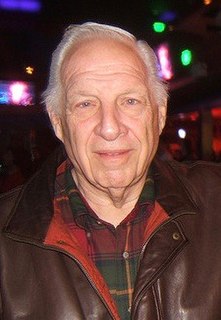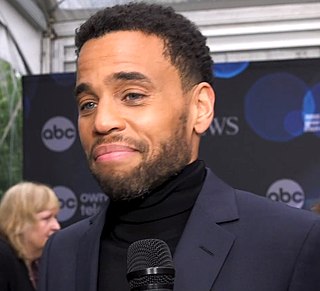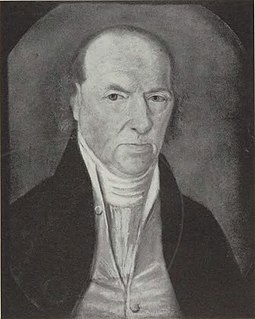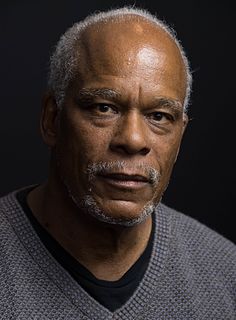A Quote by Nat Hentoff
Malcolm X made it very clear that if somebody goes after you - whether it's cops or not - you have to defend yourself. But he was not an advocate for violence the way the Black Panthers were.
Related Quotes
We like to think of the '60s as Martin Luther King, Jr. and Malcolm X and a little bit of friction - no, there were all of these different groups. There was the Student Nonviolent Coordinating Committee (SNCC), the Black Panthers, Martin and Malcolm, but also the Whitney Youngs of the world, the Bayard Rustins of the world.
I would say I'm black because my parents said I'm black. I'm black because my mother's black. I'm black because I grew up in a family of all black people. I knew I was black because I grew up in an all-white neighborhood. And my parents, as part of their protective mechanisms that they were going to give to us, made it very clear what we were.
[Malcolm Fraser] went straight from Melbourne Grammar to Oxford. And he would have been a very lonely person, and I think he probably met a lot of black students there who were also probably lonely. I think he formed friendships with them, which established his judgement about the question of colour. That’s my theory. I don’t know whether it’s right or not, but that’s what I always respected about Malcolm. He was absolutely, totally impeccable on the question of race and colour.
Non-violence is very weak in the theoretical sense; it cannot defend itself. But it is most powerful in the action situation where people are using non-violence because they want desperately to bring about some change. Non-violence in action is a very potent force and it can't be stopped. The people who are struggling have the complete say-so. No man-made law, no human ruler, no army can destroy this. There is no way it can be destroyed... And so, if we have the capacity to endure, if we have the patience, things will change.
Elements within Malcolm's X own entourage, some of them were very angry with some of the changes that had occurred with Malcolm. One source of anger, curiously enough, was that - was the tension between MMI and OAAU, that the MMI, the Muslim Mosque Incorporated, these were women and men who had left the Nation of Islam out of loyalty to Malcolm, but then Malcolm continued to evolve rapidly.






































